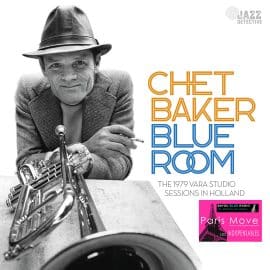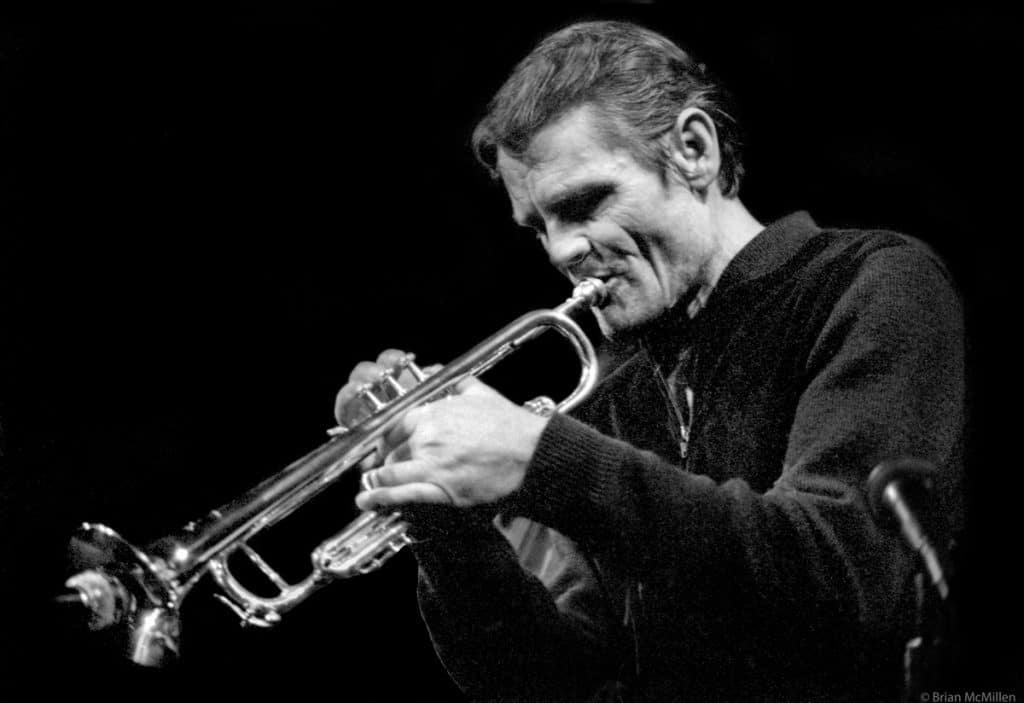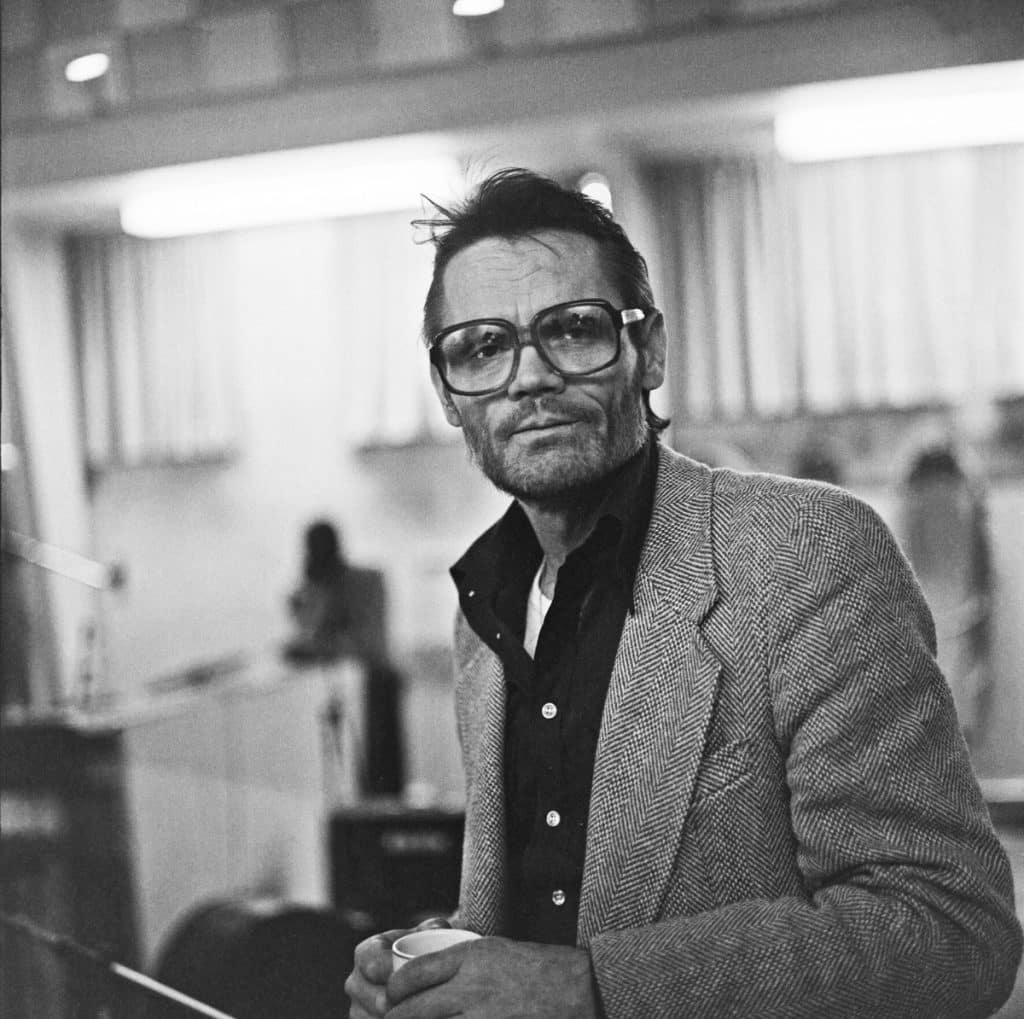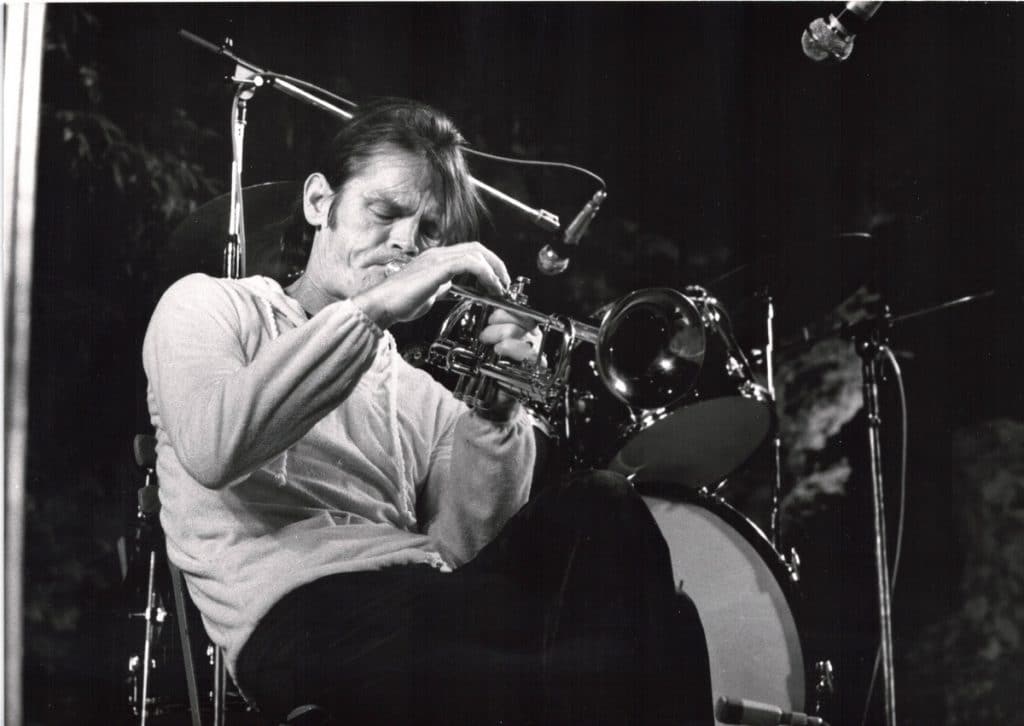| Jazz |
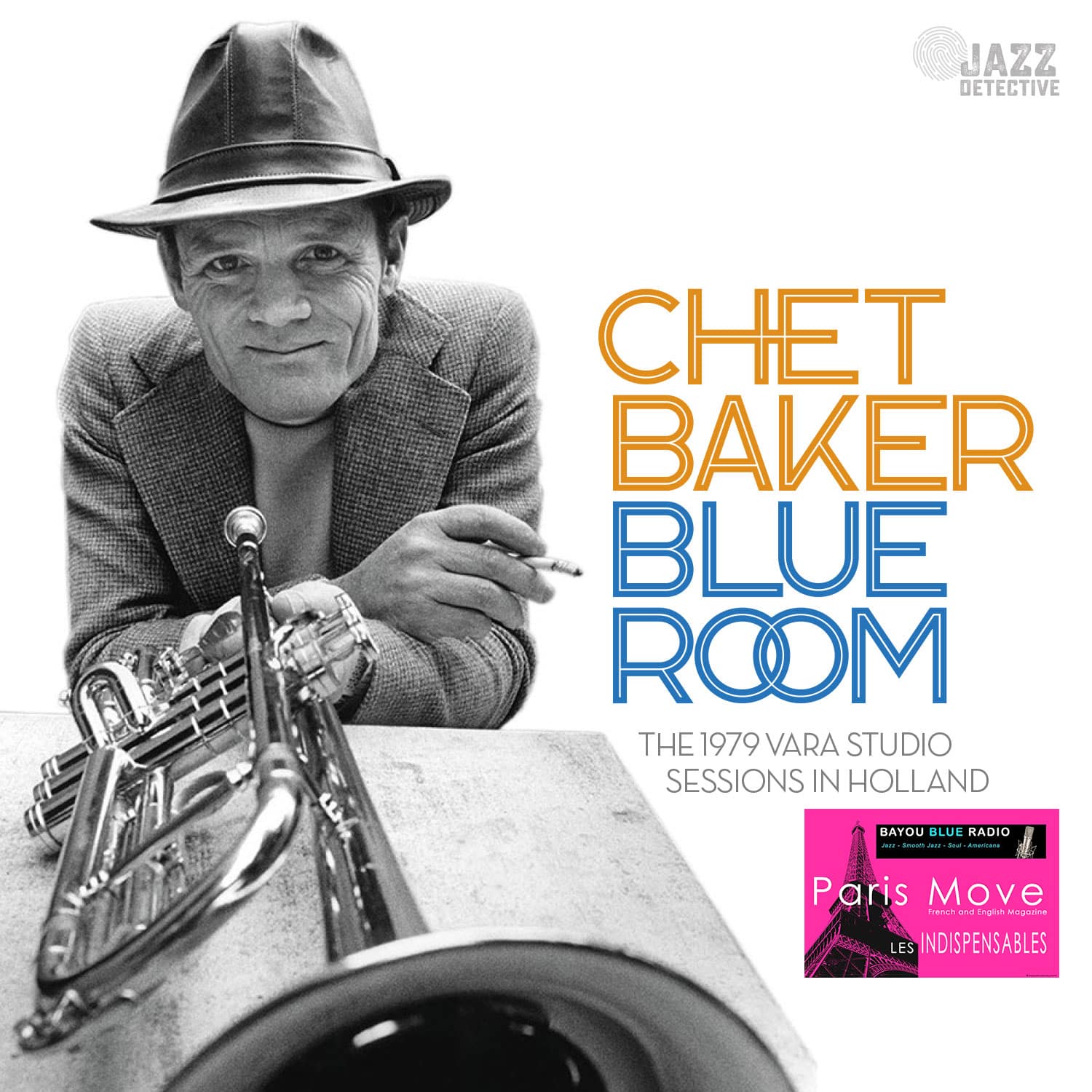
Collection Produced in Partnership with Elemental Music and Dutch Jazz Archive KRO-NCRV, Also Available on CD and Digital Download April 28, Presents Two Superlative Sessions Recorded for Dutch Radio in 1979, Drawn from Tapes Unheard Since Their First Airing Extensive, Newly Commissioned Notes Include an Overview by Journalist and Chet Baker Biographer Jeroen de Valk, Interviews with the Dates’ Producers and Sidemen, and Tributes from Trumpeters Randy Brecker and Enrico Rava.
Available April 28th 2023
::::::::::::::
Oh, little marvel, where were you hiding? Out of anger and despair at no longer hearing the blue notes of this genius of Chet Baker, poetry from another time, with a voice as smooth as silk that sings at times… Here is this magical double album that plunges us back into that suspended moment of 1979, more modern than ever, with Chet in quartet version accompanied by… FRANS ELSEN, piano, VICTOR KAIHATU, bass, ERIC INEKE, drums, and you know what? From the first note of the album, the Paris-Move and Bayou Blue Radio editorial teams shouted in unison “ESSENTIAL”!
In fact, all too often for this kind of immense artist, we settle for little, even just a few crumbs, years after their passing, but here it is not the case. It is a royal and majestic album like no other.
Almost 35 years after his death, Chet Baker continues to touch our hearts and minds. He touches our hearts with his silky sound and melodic approach, and he penetrates our minds with his adventurous improvisations. Despite a limited repertoire, he made sure that the songs sounded new at every concert. It was as if he had a built-in repetition detector that made him take another turn as soon as he threatened to repeat himself. And yet, the quality of his work could be very uneven. For example, in 1979, when these sessions were recorded, he missed concerts from time to time, simply not showing up. But on October 4th of that year, he recorded enough material for three great albums in a single concert in Copenhagen. (This fantastic night was with guitarist Doug Raney and bassist Niels-Henning Ørsted Pedersen, and the entire concert was recorded for Steeplechase).
Overall, 1979 was a fruitful year for Chet. About ten recordings from that year were published during his lifetime. Live sessions were also released. If we consider his career from the mid-70s onwards, he was more reliable when he could tour with a regular group. Between those tours, he usually stayed in Europe and sometimes got lost; no one knew where he was hanging out for a few days until he reappeared, playing in a small bar, as if everything was fine.
In the 1970s, Chet Baker went on two European tours with American pianist Phil Markowitz (born in 1952): one in November and December of 1978, and the other in March and April of 1979. For the second tour, Chet invited Belgian bassist Jean-Louis Rassinfosse (born in 1952), who had played on the first tour, and brought over drummer Charlie Rice (1920 – 2018) from the United States. Chet had worked with Jean-Louis a few years earlier and continued to call him almost until the end of the tour and nearly until the end of his life.
Chet had known Charlie Rice even earlier: he was Chet’s drummer in New York in 1964 and 65, when Chet returned to the United States after a chaotic stay in Europe, including a year and a half in an Italian prison. With Charlie, Chet recorded the famous album “Baby Breeze” (1965) and a session released as the most important jazz album of 1964/65 (of course, the title was not Chet’s idea, but that of his manager at the time).
This was also the group that Chet brought to the Hilversum studio on April 10, 1979. It was not just a horn and a rhythm section. His sidemen listened to him, and he listened to them. Markowitz summarized the music and atmosphere in an interview with Chet’s Choice magazine in April 1993: “He was extremely attentive to the music. In the most authentic form of jazz play, it is not a show, but truly the interaction between musicians.”
These are some of the ingredients to remember this whimsical, life-worn, rough on the inside yet syrupy delicate character with a touch of extravagance, whenever his feet touched a stage. He was a raw artist that no one will ever forget.
Thierry Docmac
Correspondent in USA
Bayou Blue News – Bayou Blue Radio – Paris-Move
PARIS-MOVE, February 22nd 2023
::::::::::::::::::::::
::::::::::::::::
